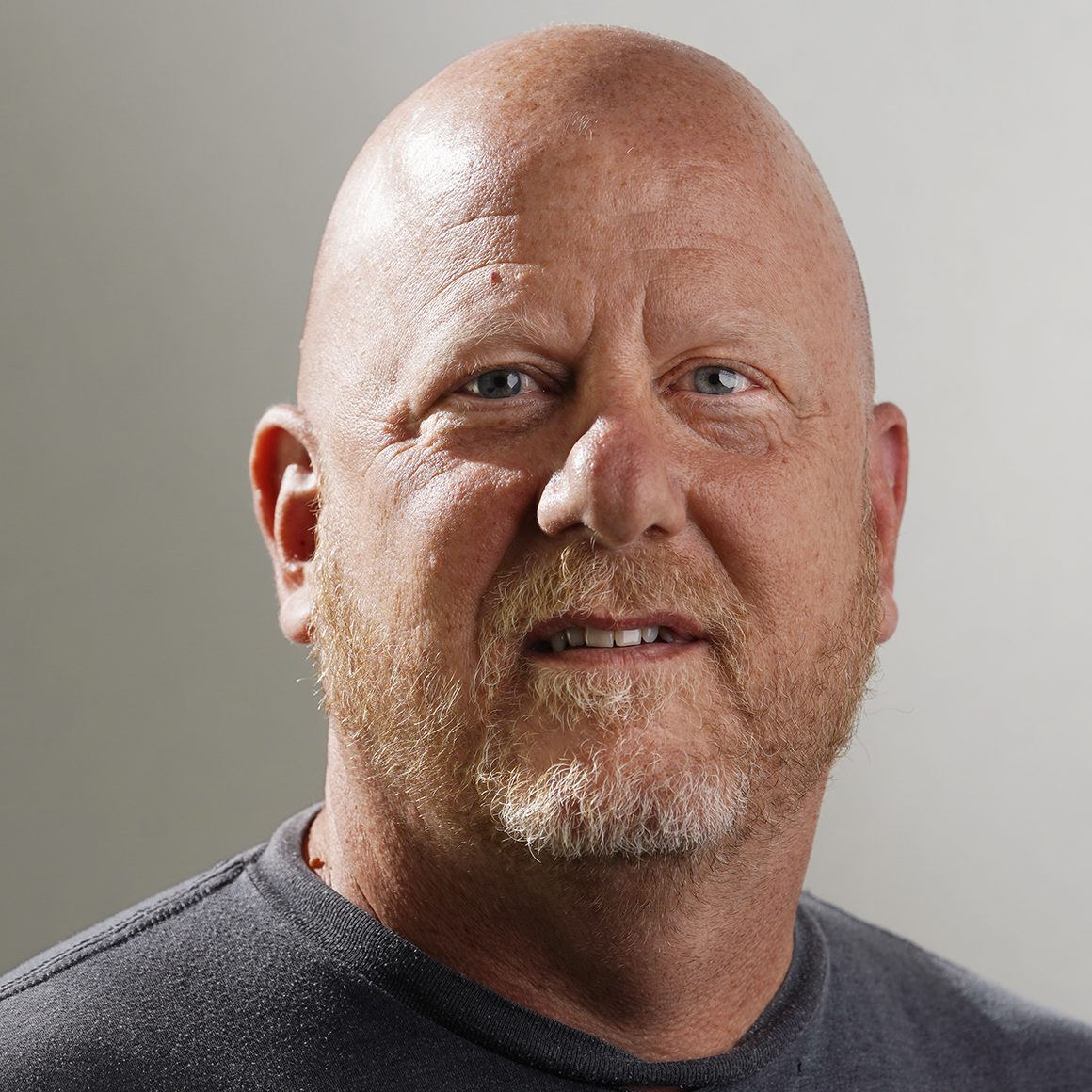A proposed wildfire settlement fund tops the utility’s legislative agenda for 2025.
Hawaiian Electric Co. customers would have to pay $4 more per month under a proposal to create a settlement fund meant to bolster the power company’s battered credit rating in an era of catastrophic wildfires.
The proposed $1 billion Hawaii Wildfire Recovery Fund, capitalized with the new fees, would be used to pay property damage claims related to future wildfires, according to a draft bill being circulated to Hawaiʻi lawmakers, who reconvene next month. The proposal would also limit HECOʻs liability from property claims due to wildfires, even those which the companyʻs equipment starts, such as the devastating Lahaina fire in 2023.
Wall Street once viewed privately owned power companies like HECO as rock solid credit risks. But lawsuits from wildfires, such as the one that killed 102 people and destroyed much of Lahaina in 2023, changed the math.
HECOʻs credit rating is now at junk-bond status, in part because it is on the hook to pay out billions to victims of the fire that was started by its equipment. The risk of claims from potential future fires is another factor.
HECO’s proposal is far from a done deal. Lawmakers declined to give the utility a blank check to bail it out last session. And at least one key lawmaker briefed on this year’s measure has voiced concerns about raising bills for customers who already pay three times the national average for electricity.

The trade publication Utility Dive reported in October that the credit ratings of nearly 100 utilities have been downgraded since 2020 due to wildfire risk.
Another stated goal — which HECO poses as a public benefit — is to create an efficient alternative to expensive and time-consuming litigation. Jim Kelly, the company’s vice president for government relations and corporate communications, stressed the bill wouldn’t prevent people from pursuing claims in court instead of accessing the fund.
“The fund has been the thing that they have told us was their highest priority to stabilize the company from the beginning,” said Sen. Jarrett Keohokalole, who held hearings on HECO-related bills last session as chair of the Senate Commerce and Consumer Protection Committee.
“Absolutely,” HECO’s Kelly said, when asked if the fund was HECO’s top priority. “It’s number one.”
The Cost Of Wildfire Risk
For HECO customers, the equation is simple: wildfire risk — including mitigation measures to reduce it — will invariably be baked into the cost of electricity. The question is how to keep those costs as low as possible.
As HECO sees it, the first step is to rehabilitate its credit rating.
After the Maui fires, corporate rating agencies tanked HECO’s credit rating, meaning the company must pay higher interest rates to borrow money. Such costs can be passed to Hawaii ratepayers, who already pay the nation’s highest electricity rates, according to the U.S. Energy Information Administration.
HECO is in continuing talks with the three main rating agencies — Fitch Ratings, Moody’s and S&P Global — Kelly said. While the agencies aren’t promising anything, they are providing guidance on policies Hawaii and HECO can adopt to shore up the company’s credit rating, Kelly said.
“They’re more than willing to share their insight,” he said
In fact, the key elements of HECO’s policy playbook for 2025 are outlined in a paper titled “Liability reform will be key to support credit quality of utilities in wildfire-prone states,” which Moody’s published in November. The paper focuses on the problem that wildfire risks poses for utilities nationally, particularly in U.S. western states.
Hawaii’s fund would be similar to a $21 billion fund established in California and a $1 billion fund proposed for Utah.

But Moody’s recommends more than merely establishing a fund. It also calls for limiting the utilities’ liability. HECO’s proposed bill would do this by limiting HECO’s liability for damages.
The third element of Moody’s risk reduction outline requires utilities to establish operational measures to prevent wildfires from happening in the first place.
“When a state establishes definitive fire prevention and response guidelines or certification programs, it is strongly credit positive for regulated utilities because it ensures that their actions can be assessed transparently and reduces the risk of hindsight bias following a fire,” Moody’s says.
HECO is seeking to establish this by regulation. It plans to submit a wildfire mitigation plan for review and approval by the Public Utilities Commission in January.
The goal, Kelly said, is to enable HECO to borrow money for capital improvements at reasonable rates. The status quo is a recipe for higher costs, he said.
“If we don’t get a better credit rating, that is going to impact people negatively,” Kelly said.
Keohokalole put it more simply.
“Nobody will lend them any money because there’s too much risk,” he said.
‘Just, Just, Just’ Adds Up
Still, establishing the fund will cost HECO customers. HECO essentially wants to borrow the $1 billion and pay it back with new fees charged directly to customers, a process called securitization. Such securitized loans wouldn’t be burdened by HECO’s junk-bond credit rating; the debt gets paid back as long as people pay their electric bills, allowing HECO to borrow at lower interest rates.
“It’s like having a gold-plated co-signer,” Kelly said.
Kelly noted the public utilities commission would have to approve any new fee charged to customers.
Kelly also noted that the bill calls for ratepayers to be paid back the fees they had paid, possibly through a bill offset, if HECO hadn’t needed to tap into the fund during its first 10 years. However, Kelly said it was not clear how that would work.
Future property damage claims also could be paid quickly, according to a formula, without the need for lawsuits. Kelly noted that a third of the $4.04 billion proposed settlement for the Lahaina fires — more than $1 billion — would likely go to plaintiffs’ lawyers, many of them located outside of Hawaii.

Key lawmakers say they are willing to entertain the bill.
Keohokalole helped kill a securitization bill during the last session. That was largely because the company had no clear plan on how it intended to spend the money.
“Last year there were just black holes,” he said. “This time is way different.”
The company’s proposed, $4.04 billion settlement is pending approval by the Hawaii Supreme Court, which could happen as soon as February. Keohokalole said he would be reluctant to support the bill if HECO can’t get the settlement finalized. But if the settlement is approved and it’s clear the new fund would be used only for future claims, Keohokalole said he would be comfortable supporting securitization.
“If we’re at the 2-yard line, I might be willing to bail out HECO,” he said.
Sen. Glenn Wakai, who chairs the Senate Committee on Energy and Intergovernmental Affairs, also expressed conditional support for the bill, but would prefer a fund that could protect parties in addition to HECO. He also wants residential customers to get something in return.
“If HECO’s going to charge $48 more a year, HECO better have a clear plan on how they’re going to reduce costs for customers as well,” he said.
Wakai said he’s aware that HECO’s proposal breaks down to “just $4” a month per household. But he said such seemingly small price increases are what have created Hawaii’s notoriously high cost of living.
“After a while, ‘just, just, just’ adds up to ‘big, big, big’ for ratepayers,” he said.
 Sign up for our FREE morning newsletter and face each day more informed.
Sign up for our FREE morning newsletter and face each day more informed.
Support Independent, Unbiased News
Civil Beat is a nonprofit, reader-supported newsroom based in Hawaiʻi. When you give, your donation is combined with gifts from thousands of your fellow readers, and together you help power the strongest team of investigative journalists in the state.
Every little bit helps. Will you join us?
About the Author
-
 Stewart Yerton is the senior business writer for Honolulu Civil Beat. You can reach him at syerton@civilbeat.org.
Stewart Yerton is the senior business writer for Honolulu Civil Beat. You can reach him at syerton@civilbeat.org.

